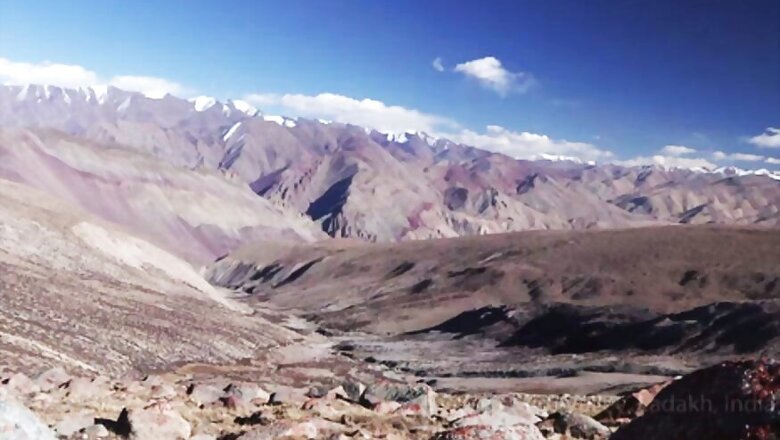
views
Berlin: The further melting of glaciers worldwide cannot be prevented in the current century - even if all the emissions are curtailed, a study has found.
However, due to the slow reaction of glaciers to climate change, human activity will have a massive impact beyond the 21st century, according to the study published in the journal Nature Climate Change.
In the long run, 500 metres by car with a mid-range vehicle will cost one kilogramme of glacier ice, researchers said.
In the Paris Agreement, 195 member states of the United Nations Framework Convention on Climate Change agreed to limit the rise in global average temperature to significantly below two degrees Celsius.
Researchers at The University of Bremen in Germany and the University of Innsbruck in Austria calculated the effects of compliance with these climate goals on the progressive melting of glaciers.
"Melting glaciers have a huge influence on the development of sea level rise," said Georg Kaser from the University of Innsbruck.
"In our calculations, we took into account all glaciers worldwide - without the Antarctic and Greenland ice sheets and peripheral glaciers - and modeled them in various climate scenarios," said Kaser.
One kilogramme of CO2 emitted costs 15 kilogrammes of glacier ice, said researchers.
Whether the average temperature rises by 2 or only 1.5 degrees Celsius makes no significant difference for the development of glacier mass loss over the next 100 years, they said.
"Around 36 per cent of the ice still stored in glaciers today would melt even without further emissions of greenhouse gases," said Ben Marzeion, also from University of Innsbruck.
"That means more than a third of the glacier ice that still exists today in mountain glaciers can no longer be saved, even with the most ambitious measures," said Marzeion.
However, looking beyond the current century, it does make a difference whether the 2 or 1.5 degrees Celsius goal is achieved, researchers said.


















Comments
0 comment